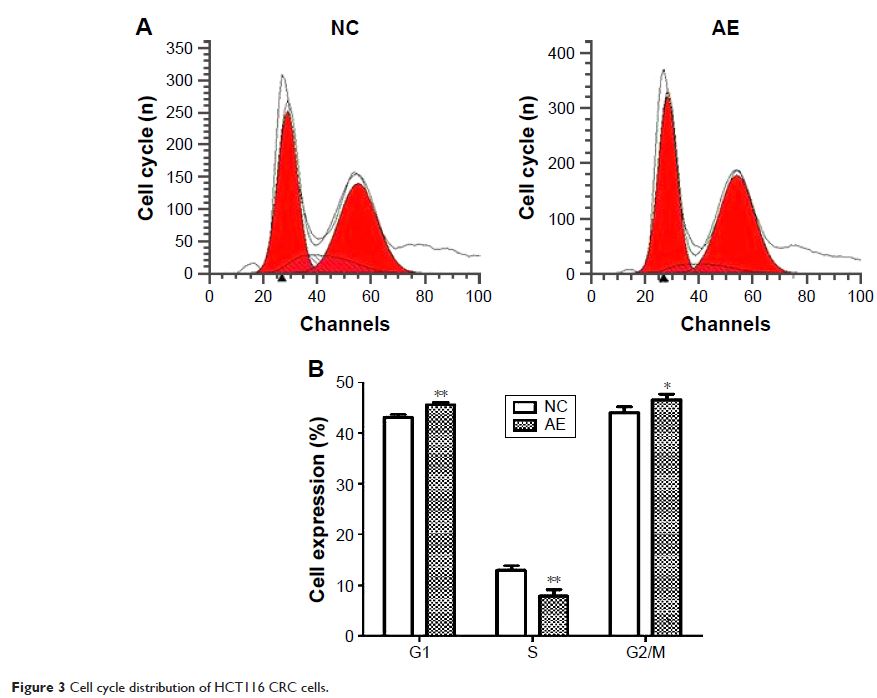9 0 6 7 6
论文已发表
注册即可获取德孚的最新动态
IF 收录期刊
- 2.6 Breast Cancer (Dove Med Press)
- 3.9 Clin Epidemiol
- 3.3 Cancer Manag Res
- 3.9 Infect Drug Resist
- 3.6 Clin Interv Aging
- 4.8 Drug Des Dev Ther
- 2.8 Int J Chronic Obstr
- 8.0 Int J Nanomed
- 2.3 Int J Women's Health
- 3.2 Neuropsych Dis Treat
- 4.0 OncoTargets Ther
- 2.2 Patient Prefer Adher
- 2.8 Ther Clin Risk Manag
- 2.7 J Pain Res
- 3.3 Diabet Metab Synd Ob
- 4.3 Psychol Res Behav Ma
- 3.4 Nat Sci Sleep
- 1.9 Pharmgenomics Pers Med
- 3.5 Risk Manag Healthc Policy
- 4.5 J Inflamm Res
- 2.3 Int J Gen Med
- 4.1 J Hepatocell Carcinoma
- 3.2 J Asthma Allergy
- 2.3 Clin Cosmet Investig Dermatol
- 3.3 J Multidiscip Healthc

AIM2 通过 PI3K/Akt 通路调节人结肠直肠癌细胞的活力和凋亡
Authors Chen JJ, Wang ZJ, Yu SS
Received 18 October 2016
Accepted for publication 16 January 2017
Published 13 February 2017 Volume 2017:10 Pages 811—817
DOI https://doi.org/10.2147/OTT.S125039
Checked for plagiarism Yes
Review by Single-blind
Peer reviewers approved by Dr Ashok Kumar Pandurangan
Peer reviewer comments 4
Editor who approved publication: Dr Samir Farghaly
Abstract: Absent in melanoma 2 (AIM2) plays an important role in innate immunity
as a DNA sensor in the cytoplasm by triggering the assembly of an AIM2
inflammasome that results in caspase-1-mediated inflammatory responses and cell
death. In recent years, studies have indicated that AIM2 can suppress cancer
cell proliferation, and mutations in the gene encoding AIM2 are frequently
identified in patients with colorectal cancer (CRC). However, the mechanism by
which AIM2 restricts tumor growth remains unclear. We reconstructed AIM2
expression in HCT116 CRC cells by lentivirus transfection. Using
3-(4,5-dimethylthiazol-2-yl)-2,5-diphenyltetrazolium bromide (MTT) assay and
flow cytometry, we demonstrated that expression of AIM2 inhibited the viability
and increased the apoptosis rate of CRC cells, and cell cycle analysis
suggested that AIM2 blocked cell cycle transition from G1 to S phase. Western
blot analysis showed that AIM2 promoted apoptosis in CRC cells by suppressing
the phosphatidylinositol 3-kinase (PI3K)/protein kinase B (Akt) pathway. Our
data suggest that AIM2 plays a critical role as a tumor suppressor and might
serve as a potential therapeutic target in CRC.
Keywords: AIM2, colorectal cancer, PI3K/Akt
pathway, apoptosis
